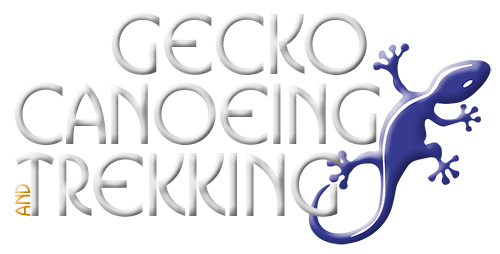Safety
Customer Safety Is Our Priority
Our ‘Nature Based’ ecological adventures are specialised and remote. and we have spared no effort or expense to attain ‘Best Practice’ through accreditation and guide qualification.These systems provide an external audit facility to ensure that Risk Management as well as Standard and Common Industry Practices are adhered to.
We are Accredited
Ecotourism Australia – Advanced Accreditation, includes National Tourism Business Accreditation (ATAP)
Savannah Guides Ltd – Individual Guides and Business Accreditation
We are Qualified:
Certificates III and IV in Outdoor RecreationCertificate III & IV in Tourism (Guiding)
Certificate IV in Training and Assessment
Informed Consent and Disclosure
We are obliged to inform you of the possible risks, hazards and conditions of the tours.You will be asked to complete an ‘Acknowledgement of Advice and Express Assumption of Risk’ form prior to participation on the tour. You will not be asked to waive your rights as a consumer under the Trade Practices Act.You will be required to disclose any physical or mental impairments along with your swimming ability and emergency contact details. As we operate in remote areas, this information is imperative in order for your guide to control arising incidents. Communication systems are carried in case of emergencies, we utilise Satellite Phones for their direct contact capabilities. It is in our best interest to provide you with the safest and most enjoyable tour possible.
Crocodile Safety
Crocodiles Do Inhabit River Systems in the Katherine Region
Freshwater Crocodiles (Crocodylus johnstoni) are the predominant species in most of our Katherine Region rivers. The Estuarine Crocodile (Crocodylus porosus) also inhabits the waterways of the Katherine Region, however the numbers are distinctly less.
The Parks & Wildlife Commission of the Northern Territory have a Crocodile Management Plan that is utilised in the Katherine River, this allows crocodiles to be located, trapped and removed to a local Crocodile Farm for research and breeding.
Parks & Wildlife use helicopter spotting and night spotlighting from boats to keep track of what is in the rivers. We have also volunteered our eyes and ears to help the process. As we are regularly utilising the river, we keep track of movements and sightings of crocodiles, passing this information onto Parks & Wildlife to help with their research and records.
A healthy tropical savannah river system isn’t complete without the presence of crocodiles. If we are very quiet and lucky, we may see one as they are shy animals and hide as soon as they are alerted to our presence.
Freshwater Crocodile (Crocodylus johnstoni)
The Freshwater Crocodile is the most common in the Katherine Region. It ranges in size from 30cm to 3m. Most commonly seen crocodiles are between 50cm and 1.5m, generally sitting very still in the water or on a log over the water. The Freshwater Crocodile is a shy animal. Food for these animals consists mainly of small fish and insects which are easily swallowed, when the opportunity arises bats, birds and small reptiles are also eaten.
6 Day Tours
For those guests participating on our longer tours; Be Aware that we will be passing through areas which will almost certainly be inhabited by larger Estuarine (Saltwater Crocodiles – Crocodylus Porosus).
The Katherine/Flora/Daly System does not have a large concentration of these animals, however, we operate on the premise that an animal is present and safety procedures reflect that, (eg swimming, camping and paddling rules).

